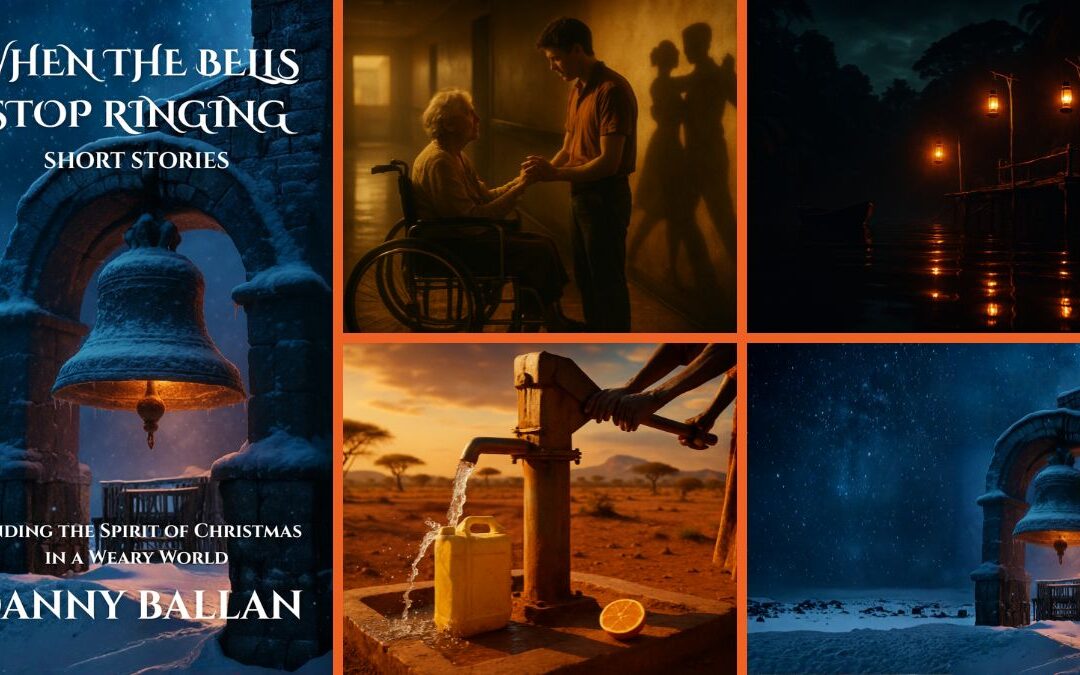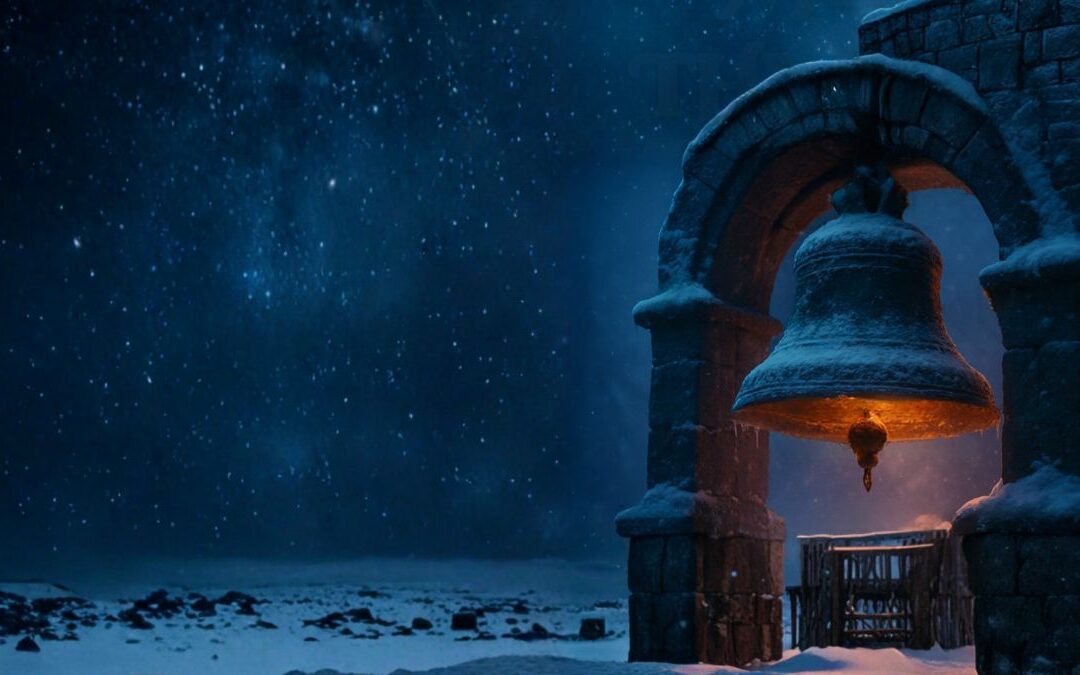Transcript
Disclaimer
I am using an automatic transcript service as it is not possible for me to do it on my own and I cannot afford human transcription at the moment. The service claims to have about 95% accuracy, which means there will still be some mistakes, so my apologies for having a less than perfect transcript, but I hope I can afford human transcription soon and I will solve this problem. However, the service is pretty good, and the transcript is almost perfect.
Transcript
Welcome to a new episode from English plus podcast. In today’s episode, we will have word powers. So we will have a little story called our flag was still there. We will talk about the famous, the star Spangled banner and how every American sang the song. But we will talk about the story of the song. And of course, we will focus on a few words after we finished so that you can build your vocabulary and have this power of the words that we’re going to explain in today’s episode.
[00:00:36] So without further ado, Let’s start with our word power episode for today. Our flag was still there. Every American has sung the star Spangled banner innumerable times, but not every one knows the history of the song. Here’s a brief narrative of the events that led to the writing of the words of the American national Anthem during the war of 1812.
[00:01:02] A district of Columbia lawyer named Francis Scott Key boarded, a British truce ship in Chesapeake Bay to implore the British to release Dr. John beans who had been arrested by British troops after they had sacked Washington, DC. On the night of September the 13th, 1814, while key was aboard the ship during a heavy rain, the British bombarded Fort McHenry, a stronghold guarding Baltimore causing havoc in the Fort.
[00:01:35] The American cannons returned fire, Key was detained on the British ship overnight afraid that Fort McHenry would fall and with it, the new American Republic, Key spent the night worrying. At Dawn, the rain stopped and the British warship sailed away much to his relief. He saw in the Dawn’s early light, that the American flag was still flying over the Fort.
[00:02:03] However, it was not the small storm flag that Fort McHenry’s commander major George Armistead had flown during the rain, but a gigantic flag. He had recently purchased from a Baltimore flag maker. Key and amateur poet was so inspired by the sight of the star Spangled banner a sign that the British had not captured the Fort that although he was still a board, the true ship, he wrote a poem on the back of a letter he had in his pocket.
[00:02:34] He called the poem in defense of Fort McHenry and had it published anonymously in Baltimore. A little later, he renamed the poem, the star Spangled banner in the same year, the poem was set to the music of a popular English tune. And in 1931, Congress adopted the song as the American national Anthem. So that is the story of the national Anthem.
[00:03:00] And I hope you learned something new in the story, but that’s not everything. Remember, we are here to learn a couple of new words as well. Our first word is innumerable. Now we said that every American has sung the star Spangled banner innumerable times. What does that mean? What is the meaning of innumerable?
[00:03:19] Innumerable , which is spelled I N N U M E R A B L E means very many or too many to be counted. And that is similar to saying countless many numerous or infinite. So that is our first word innumerable. Now let’s take a look at our second word and that is narrative. Now. We said, not everyone. Knows the history of the song.
[00:03:46] And here is a brief narrative of the events that led to the writing of the words of the American national Anthem. What do we mean by narrative here? And narrative, by the way, is spelled N A R R A T I V E narrative. A narrative is a story or an account of a series of events. Like when we say the story of something, the report of something, the history, the detail of something, that’s the narrative.
[00:04:13] So that is our second word. Our first word was innumerable. Don’t forget that. And our second word is narrative. Now what about our third word? And that is implore. Now, as we were talking about the district of Columbia lawyer, Francis Scott Key, who boarded the British ship to implore the British to release Dr.
[00:04:33] John Beans. What does it mean to implore somebody? Now, if you implore someone to do something, you ask them to do it in a forceful, emotional way. And here, by the way, before I forget, implore is spelled I M P L O R E. So again, if you implore someone to do something, you ask them to do it in a forceful emotional way.
[00:04:57] For example, we can say opposition leaders this week, implored the president to break the deadlock. Implore is just like saying to beg to beseech, to entreat or to conjure. So that was our third word implore. Remember we talked about innumerable narrative and implore. Now our next word is havoc. Now we talked about the bombardment of Fort McHenry, a strong hold guarding Baltimore.
[00:05:25] And we said that the bombardment caused havoc in the Fort. Havoc is spelled H A V O C havoc. What does that mean? Well, havoc is great disorder and confusion. We can say, for example, rioters caused havoc in the center of the town that is like saying devastation damage, destruction, or waste. We can use by the way, a very famous thing to say, wreak havoc, W R E A K wreak havoc.
[00:05:55] Or we can say play havoc. So if one thing plays havoc with another or wreaks havoc on it, it prevents it from continuing or functioning as normal or damages it. So remember that this is a very useful phrase that you use with havoc. You can say, play havoc with or wreak havoc on. Now, of course you have to remember that we use with, with play and on with wreak, but both mean that something prevents something else from continuing or functioning as normal, or it damages this thing.
[00:06:30] So that being said, we have four words today. We have innumerable narrative implore and havoc. Our final word for today’s episode is gigantic. A gigantic is spelled G I G A N T I C gigantic. What does that word mean now, if you listen to the sound of it, gigantic, we’re talking about something very big, right?
[00:06:55] If you describe something as gigantic, you are emphasizing that it is extremely large in size amount or degree. Talk about gigantic rocks, or sometimes we can talk about tasks. We can say a gigantic task of national reconstruction awaits us. For example, words that are similar in meaning to gigantic are words like huge, great, large or giant.
[00:07:23] And just to remind you again, how we use that in our story, we use that to describe the flag major. George Armistead used that day. We said that major George Armistead had used a gigantic flag. He had recently purchased from a Baltimore flag maker. These are our five words for today. One more time. We talked about innumerable.
[00:07:44] We talked about countless many numerous infinite things that is innumerable. We talked about narrative, which is like the story or report of something. We talked about implore, like when you beg someone and we talked about havoc, which is like devastation, damage, destruction, or waste. And finally we talked about gigantic, which is huge, great, large or giant.
[00:08:10] Now I hope you like the story I shared with you, and I hope you can use these words that I shared with you and add them to your active vocabulary bank. Don’t forget that you can find a lot more on our website. And there is very good news for the ones who will decide to become our patron on Patreon.
[00:08:27] There are going to be premium lessons specially made for our patrons. Starting from this week, we will focus on word power, but in a more detailed way. So I hope you consider it and become a patron of the show and use those lessons that we will create an add every day, especially for our patrons. But that doesn’t mean that we have.
[00:08:47] Taken anything from English plus English plus is still continuing the same episodes that you will get every day with all the benefits that we hope you can get. Don’t forget, go to our website, englishpluspodcast.com. You will find the links in the description of the episode. And if you decide to take your English a step further, you can also become a patron of the show on Patreon and use the new daily premium lessons that are created specially for our patrons.
[00:09:14] But that being said, this is your host, Danny. I would like to thank you very much for listening to another episode from English Plus podcast. I will see you next time.










0 Comments